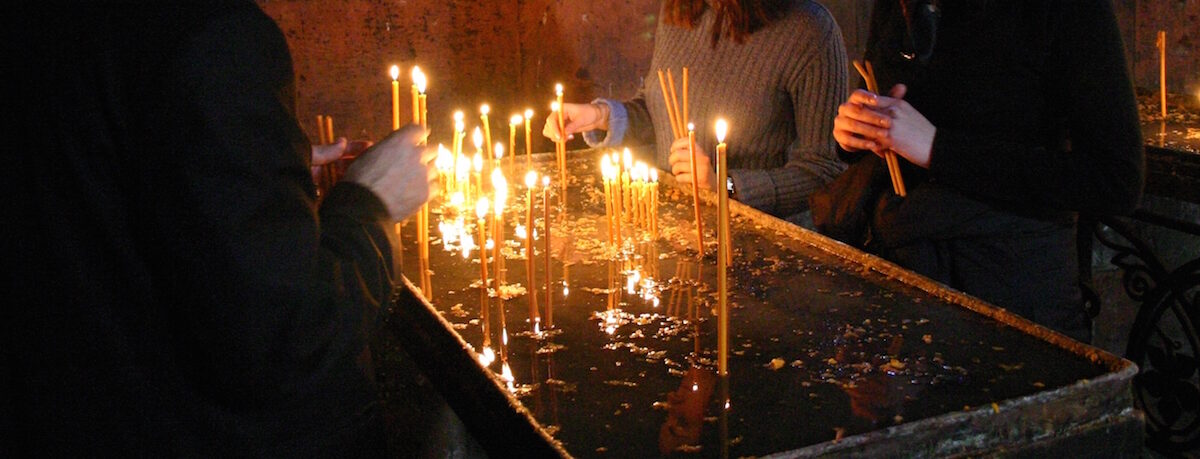Religious conversion, a deeply personal and transformative experience, is often imbued with profound symbolism. It represents a journey from one belief system to another, often accompanied by a shift in values, worldview, and identity. Central to this transformation is the symbolism of moving from darkness to light, a motif found across various religious traditions worldwide.
In many religious contexts, darkness symbolizes ignorance, sin, or spiritual blindness. It represents a state of separation from divine truth and enlightenment. Within oneself, darkness may manifest as confusion, doubt, or moral ambiguity. Religious conversion often begins in this state of darkness, where individuals feel disconnected from their spiritual purpose or seek answers to life’s existential questions.
The process of religious conversion can be likened to a journey of awakening. As individuals explore different faiths, philosophies, or spiritual practices, they embark on a quest for truth and meaning. This journey involves confronting the darkness within oneself and grappling with existential uncertainties. Through study, reflection, and spiritual guidance, converts gradually move towards illumination and understanding.
Light is a universal symbol of wisdom, truth, and divine presence. Across religious traditions, it represents enlightenment, salvation, and spiritual awakening. In the context of religious conversion, light symbolizes the revelation of divine truth and the inner illumination that accompanies faith. As individuals embrace a new belief system, they experience a profound sense of clarity, purpose, and inner peace.

The symbolic journey from darkness to light culminates in a moment of revelation or epiphany. For many converts, this experience is marked by a profound sense of spiritual awakening or divine intervention. It may occur suddenly, in a moment of profound insight or inspiration, or gradually, through a series of transformative encounters. Regardless of the form it takes, the moment of revelation represents a turning point in the convert’s spiritual journey, signaling a newfound connection to the divine.
Religious conversion is not merely a change of beliefs but a process of inner transformation and renewal. As individuals embrace their new faith, they undergo a profound shift in consciousness, values, and behavior. This transformation is often accompanied by a sense of liberation from past burdens or spiritual darkness. Converts may experience a renewed sense of purpose, hope, and belonging as they align their lives with their newfound beliefs.
While the symbolism of religious conversion is rich with imagery of light and illumination, the journey itself is not without its challenges. Converts may face resistance from family, friends, or society, as well as internal struggles and doubts. Yet, these challenges serve as opportunities for growth and deepening of faith. Through perseverance and resilience, converts emerge stronger and more committed to their spiritual path.
The symbolism of religious conversion, with its imagery of moving from darkness to light, speaks to the universal human quest for meaning, truth, and transcendence. It reflects the transformative power of faith to illuminate the soul, dispel ignorance, and bring about inner renewal. Whether sudden or gradual, individual or communal, the journey of religious conversion is a testament to the enduring power of the human spirit to seek and embrace the divine.


